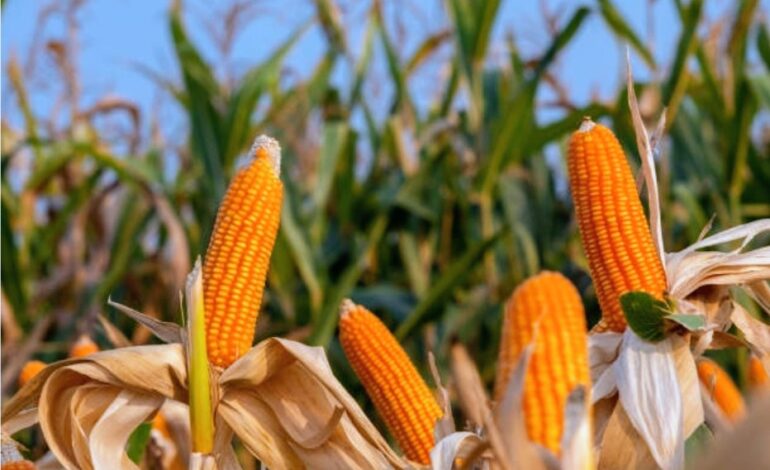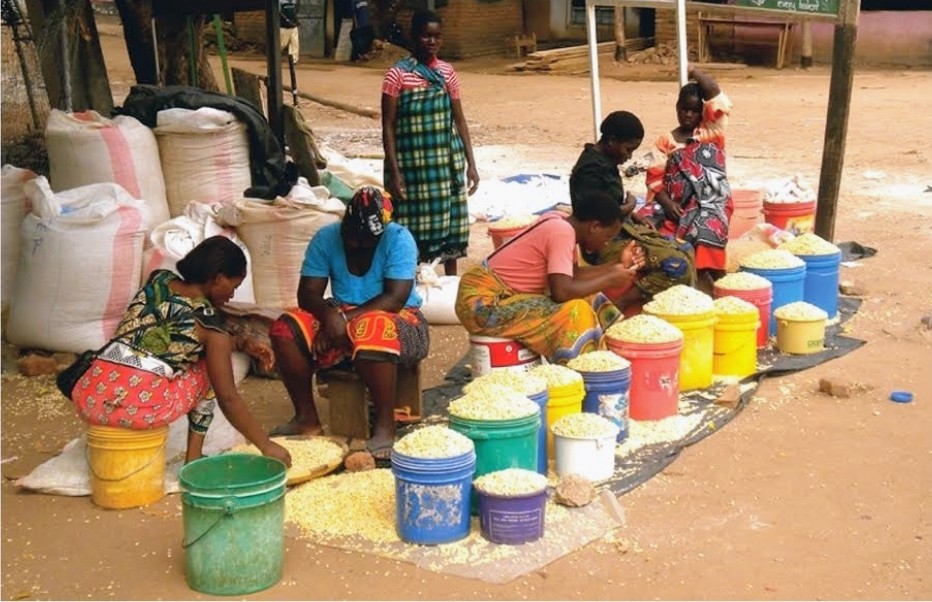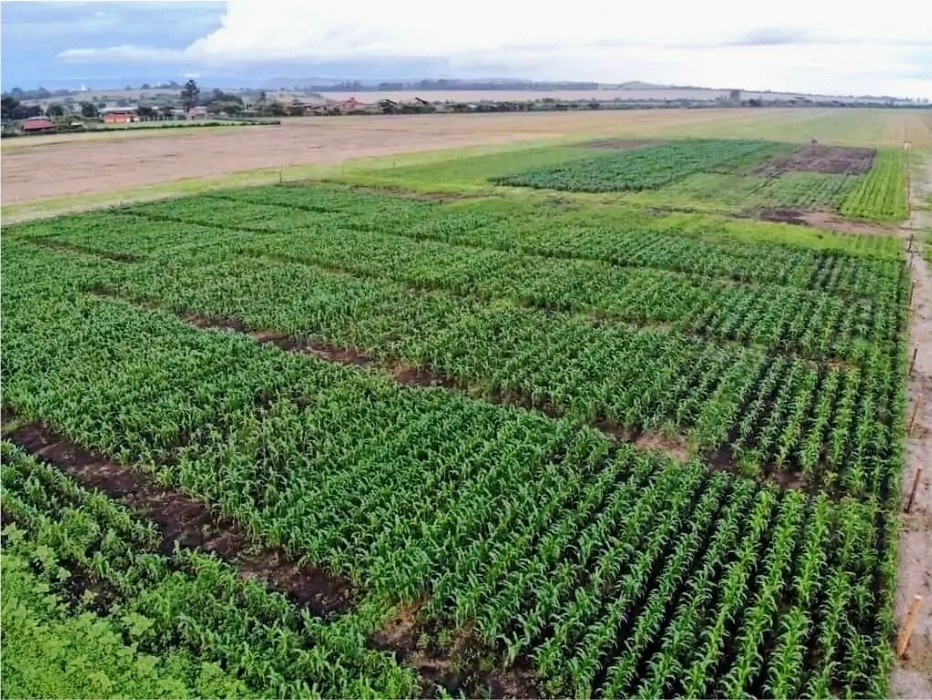
Wayne Lumbasi
The Government of Malawi has imposed a total ban on the export of maize and maize-based products in a bid to strengthen national food security. The move follows growing hunger concerns, with reports showing that about 4 million Malawians are likely to face food shortages before the next harvest.
The Ministry of Trade and Industry said the decision is meant to ensure that enough maize remains within the country to feed the population.

According to officials, the ban is in line with the Control of Goods Act of 2018, which classifies maize as a regulated commodity. This means that no maize exports will be allowed without a valid licence from the authorities. The government stated that the restriction will help stabilise local supplies, reduce rising food prices, and protect the livelihoods of citizens who depend on maize as their main staple.
Malawi’s maize production has dropped below national requirements this year due to prolonged dry spells and poor rainfall. This has resulted in reduced harvests and rising prices across major markets. Authorities have urged traders and communities to report any illegal exports as part of efforts to safeguard national food reserves.

Although the export ban may limit cross-border trade, the government insists that the measure is temporary and necessary to ensure food availability for all citizens. It has also pledged to continue supporting farmers through irrigation programmes, seed distribution, and improved storage systems to boost future production.
For now, the government says the restriction will stay in place until the food situation stabilises, stressing that national food security takes priority over external trade interests.
MORE ON MALAWI
MALAWI BANS RAW MINERAL EXPORTS TO BOOST LOCAL VALUE
MALAWI SET TO RUN OUT OF T.B DRUGS IN A MONTH AFTER U.S, U.K AID CUTS
U.S TO DEMAND $15,000 VISA DEPOSIT FROM ZAMBIAN AND MALAWIAN TRAVELLERS








